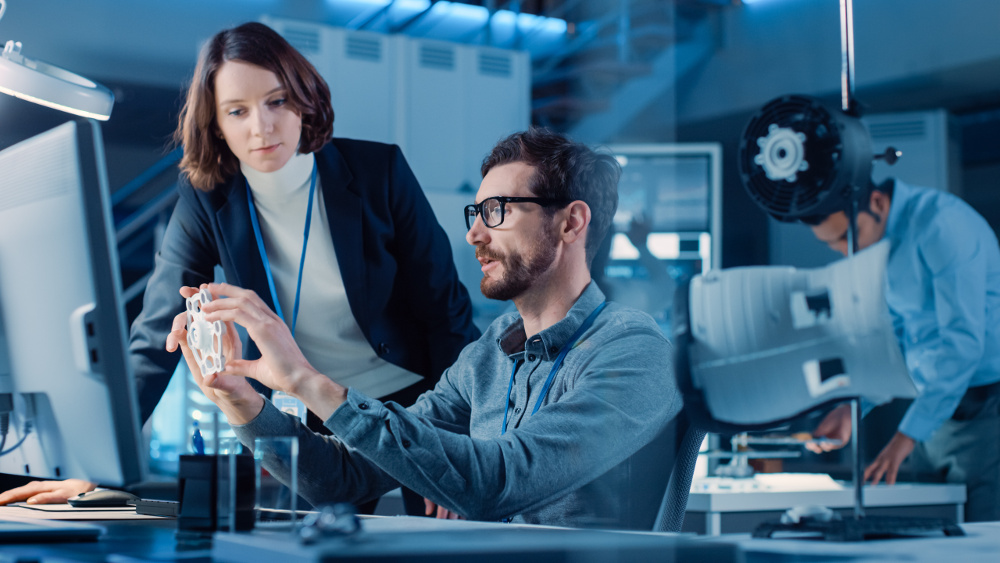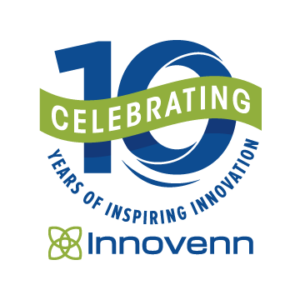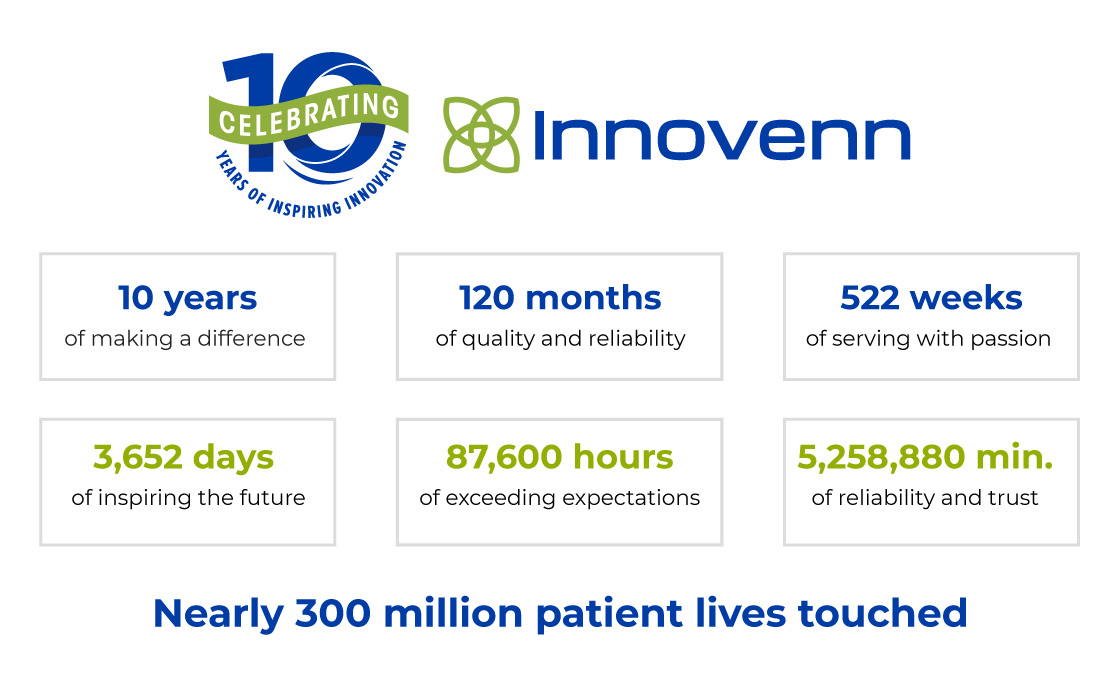Early-Stage Innovation: Concept Development and Feasibility Assessment
At the beginning of every medical device development effort, an unmet need (problem to solve) has been carefully identified and there is an initial solution defined. The solution may be a new diagnostic or prognostic test, a new digital therapeutic, or even a clinical decision support system that involves Artificial Intelligence (AI). But, since medical device development can be and often is a lengthy, costly, and challenging process, how do these ideas advance from the drawing board to reality and what prompts regulatory and commercial product success?
One of the keys to success is establishing a solid business case that addresses an unmet need in healthcare and has a value proposition. Another key to success is the strategic use of resources along the way, at the right times, to reduce risk and advance a product down the road to viability, development, and launch. Across the medical device development industry, organizations follow various “Pre-concept” or “Phase Zero” approaches leading up to the commissioning of a development project and securing supporting funds. The idea is to execute the right-sized process at the right time to de-risk the project before incremental investment is necessary and costs steadily increase.
At Innovenn, we define these crucial early development stages as a Concept Development and Feasibility Assessment. These stages should be completed before design control begins. Design control mandates that formal methods are used to test and document device development in a way that meets regulatory requirements.
Before beginning design control, the objectives are to evaluate the device potential, identify possible challenges or business/project risks early, and determine whether a medical device should move forward to the design control stage of product development.




